
Writing With a Broken Tusk
Writing With a Broken Tusk began in 2006 as a blog about overlapping geographies, personal and real-world, and writing books for children. The blog name refers to the mythical pact made between the poet Vyaasa and the Hindu elephant headed god Ganesha who was his scribe during the composition of the Mahabharata. It also refers to my second published book, edited by the generous and brilliant Diantha Thorpe of Linnet Books/The Shoe String Press, published in 1996, acquired and republished by August House and still miraculously in print.
Since March, writer and former student Jen Breach has helped me manage guest posts and Process Talk pieces on this blog. They have lined up and conducted author/illustrator interviews and invited and coordinated guest posts. That support has helped me get through weeks when I’ve been in edit-copyedit-proofing mode, and it’s also introduced me to writers and books I might not have found otherwise. Our overlapping interests have led to posts for which I might not have had the time or attention-span. It’s the beauty of shared circles.

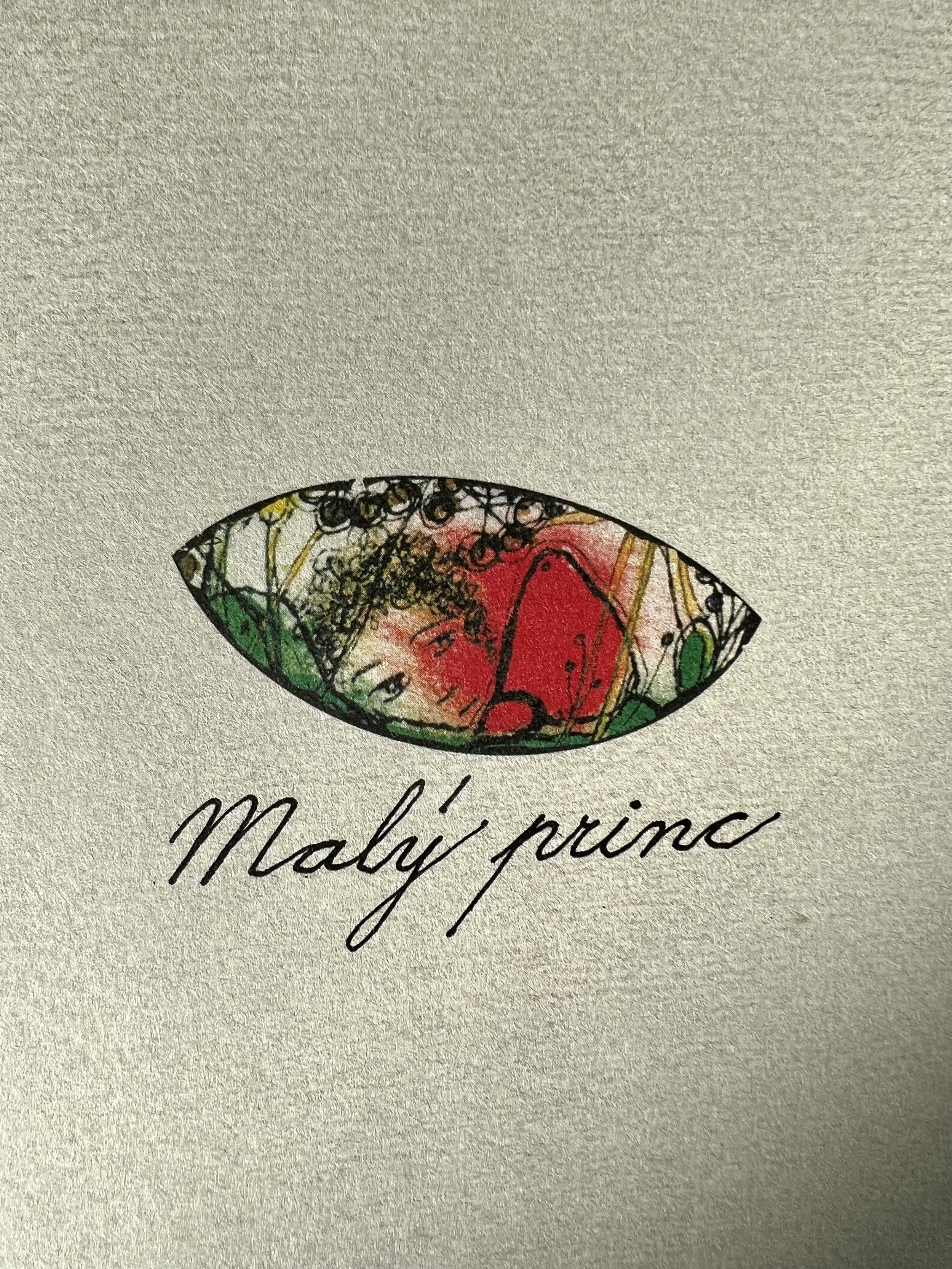
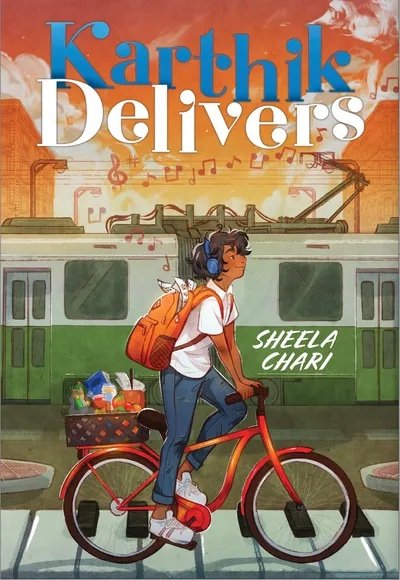
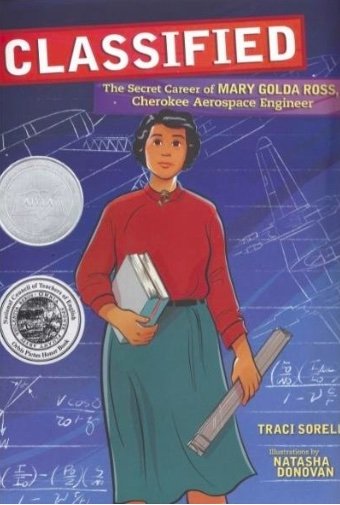
Waiting 187 Years for Representation
Over the years, I’ve come across these children’s books by writers from the Cherokee Nation:
Mary and the Trail of Tears: A Cherokee Removal Story by Andrea L. Rogers
The Reluctant Storyteller by Art Coulson with Traci Sorell
And of course Traci Sorell’s many lovely books.
I thought of these writers and their books and of stories yet to be written when I spotted this article from National Geographic, a publication that now seems committed at last to making up for its own many past wrongs.
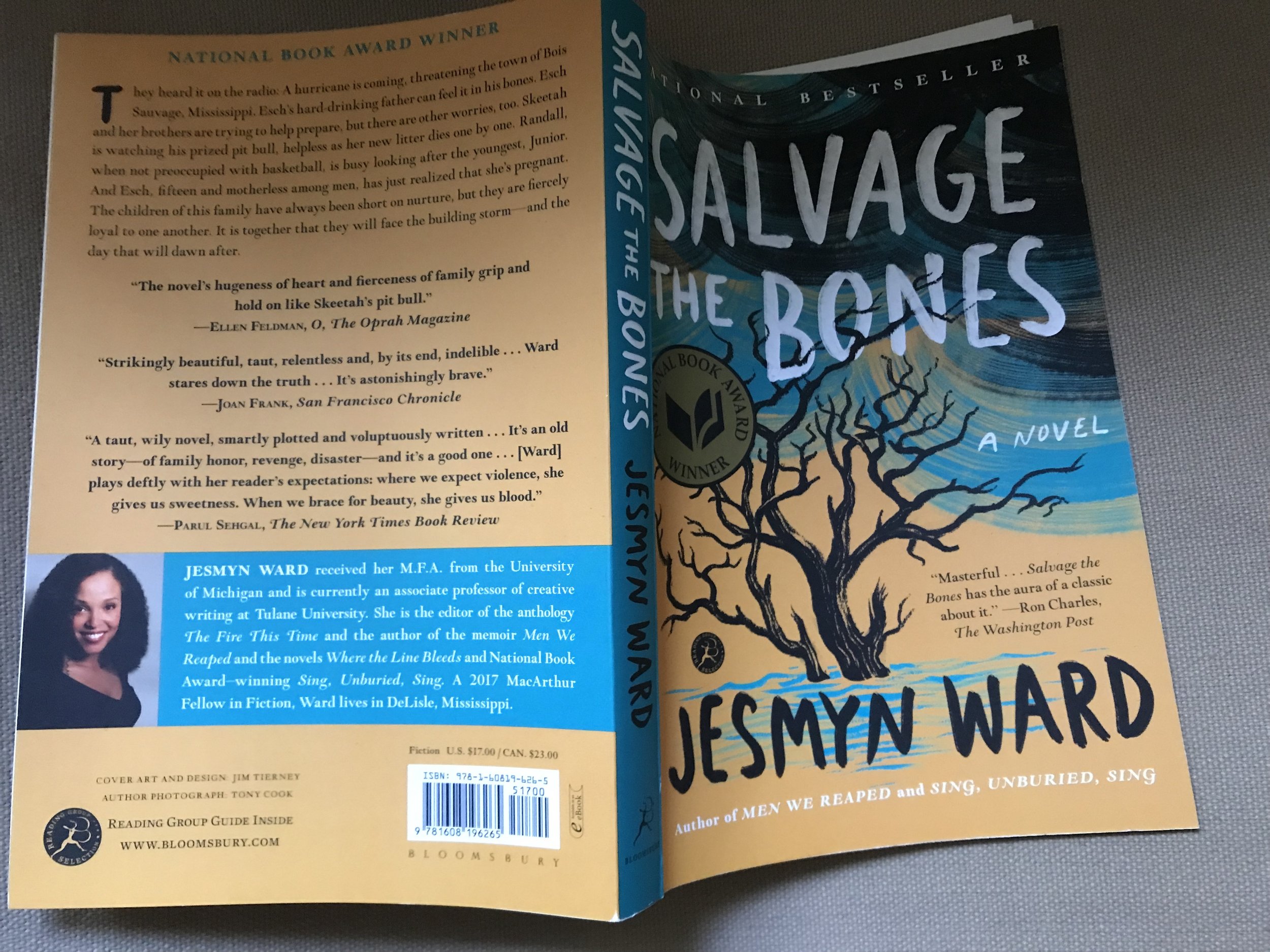
Reading Salvage the Bones as a Climate Novel
Jesmyn Ward’s Salvage the Bones, 2011 National Book Award fiction winner, is among the tidal wave of titles hit by book bans in the Disunited States. It happens that this is also a climate change novel—not that the book banners raised that particular point.
Consider the storm…

Reunion by Fred Uhlman: the Brilliance of Narrative Economy
“He came into my life in February 1932 and never left it again.” A friend in England recommended Reunion by Fred Uhlman and sent the book along for good measure. It is such a slender novella that I started reading it out loud—and found that I could not stop.
How is it that I have never come across this book before?
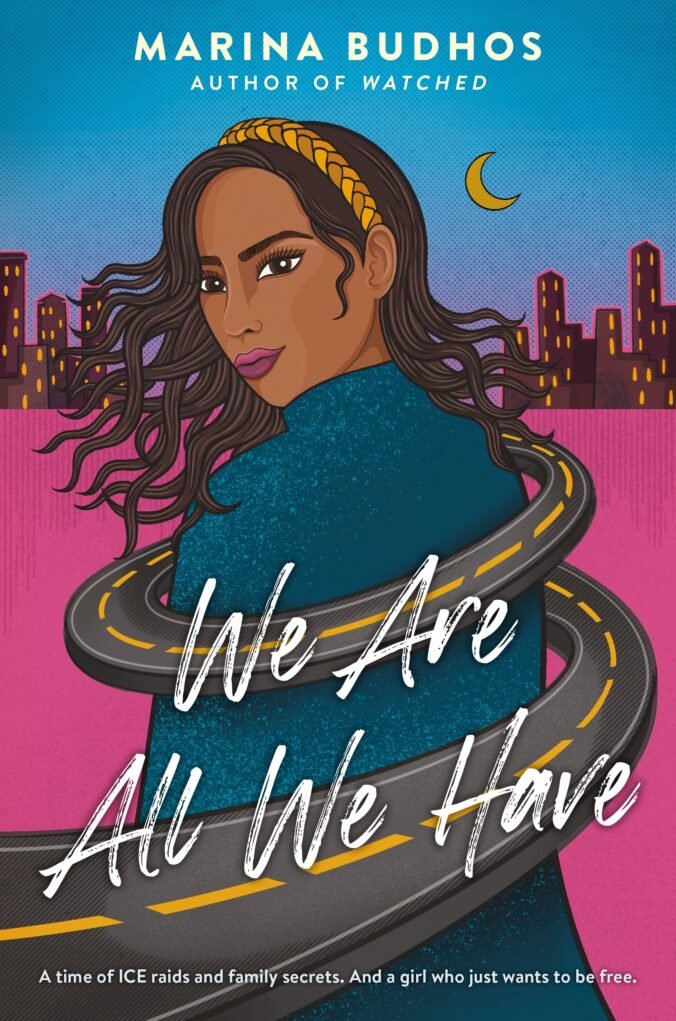

On US Election Day, Here’s a Sentence to Reflect Upon
A couple of months ago, this item from People magazine showed up in my newsfeed: “First Politician Involved in January 6 Capitol Riots is Removed from Office Following Judge's Ruling.” It was the first time a judge officially labeled the events of January 6 an "insurrection." It was also the first time since 1869 that a U.S. official was disqualified from public office under Section 3 of the 14th Amendment to the Constitution.
I read the item quickly, grateful for justice taking its course and expecting to move on to the next news item and the next, as one does over morning coffee.
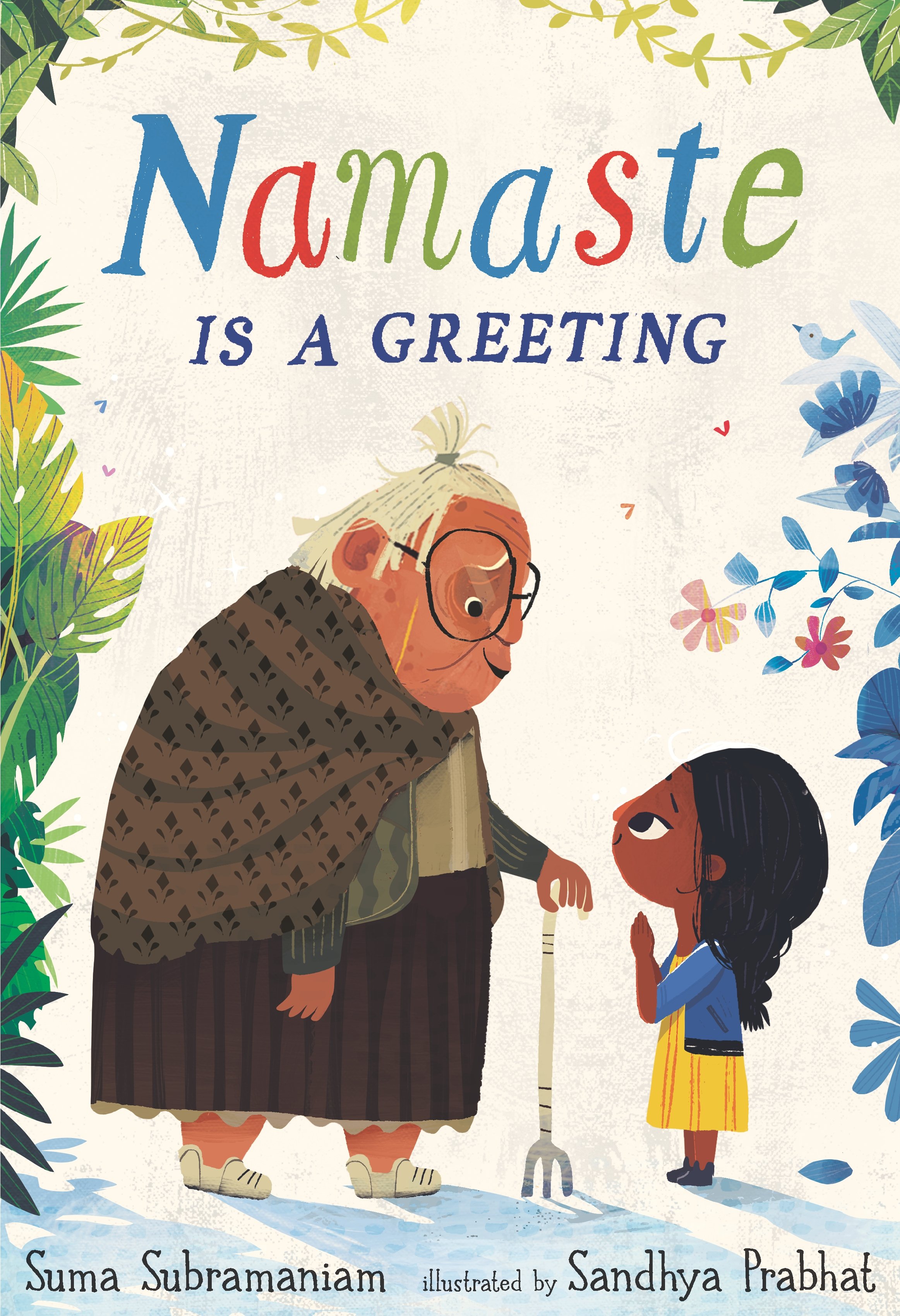
Guest Post: Suma Subramaniam on Namaste is a Greeting
Honoring the Good by Suma Subramaniam
The objective of Namaste is a Greeting is to understand the meaning of the word “Namaste” and the value it can bring when it’s spoken verbally and expressed non-verbally. Namaste in Sanskrit is a combination of two words—namah, meaning “bow,” and te, meaning “to you.” Therefore, namaste is a greeting that means “I bow to you.”

Whimsy and Loss in Bone Dog by Eric Rohmann
Confession. I am not a lover of dogs. I accept that humans have domesticated them for eons, but I’m not a fan of slobber and the wagging tail holds few charms for me.
Even so, here’s one dog picture book that I found purely enchanting.
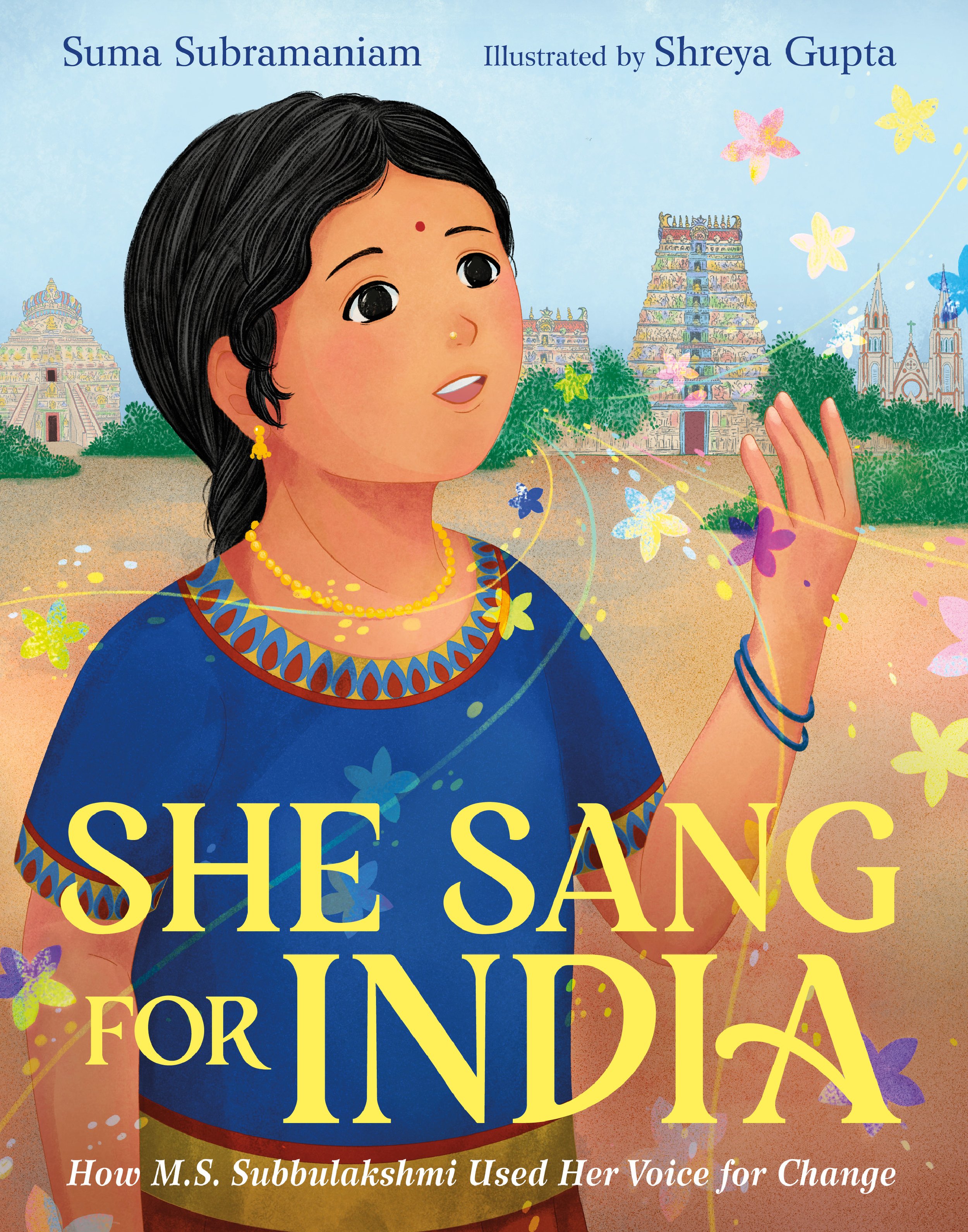
Guest post: Suma Subramaniam on She Sang for India
From Suma Subramaniam: When I started writing about M.S. Subbulakshmi, I had it in my head that this wasn’t going to be an arduous task. Her story was all over the internet. It wouldn’t take much effort because she was famous, well-respected, and well-known among people from India and the diaspora.
By the time I finished the draft, I learned how fallible I was. Every book presents its challenges, and this project wasn’t short of that.

Color, Taste and the Ancient Greeks and Romans
Back in 2018, which is of course an age ago in terms of all that has transpired, I wrote about a New Yorker article suggesting that lush, lavish, bright color was not just a possibility but a probability in the sculpture of ancient Greece and Rome.
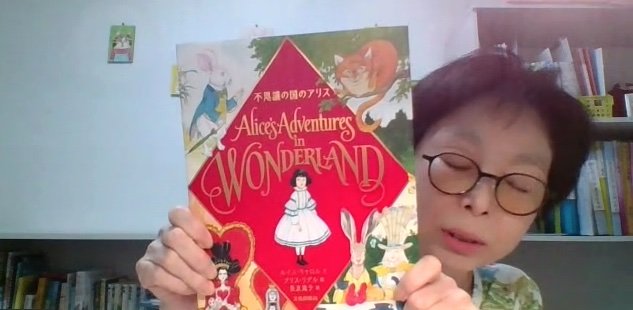
Process Talk: A Conversation with Translator Keiko Nagatomo, Part 2
Japanese translator Keiko Nagatomo and I traded emails and followed up with a Zoom call. Here are a couple of snippets from that video, along with Keiko reading chapter 1 of the Japanese edition of Nook Uncle and Me.

Guest Post: Supriya Kelkar on Strong as Fire, Fierce as Flame
A densely drawn map will lure me into a book anytime, and this one worked its magic. The backdrop to the story is 1857, the year that Indian troops rebelled against the East India Company, the world’s first multinational, which had occupied large territories in India, taxed local people, and maintained a standing army.
The map is from the front matter of a middle grade historical novel from Tu Books/Lee and Low, Strong as Fire, Fierce as Flame. A Jane Addams Honor book, it’s also a 2021-22 Read Across America selection and a 2022 Global Read-Aloud Choice for middle school. I asked author Supriya Kelkar to tell me more how she visualized her fictional Indian town of Indranagar.

Guest Post: Sara Greenwood on My Brother is Away
In My Brother is Away, a young girl speaks her truth about her relationship with her brother, which has been fractured by his incarceration and its impact on family and community.

Fly With Me Kite Festival
On August 20th this year, people in more than 30 cities across the U.K., Europe and the U.S. participated in a kite festival to mark one year since Afghanistan fell to the Taliban. In truth, “fall” may not be the best way to put it. The story is so much more complicated than such shorthand can convey.
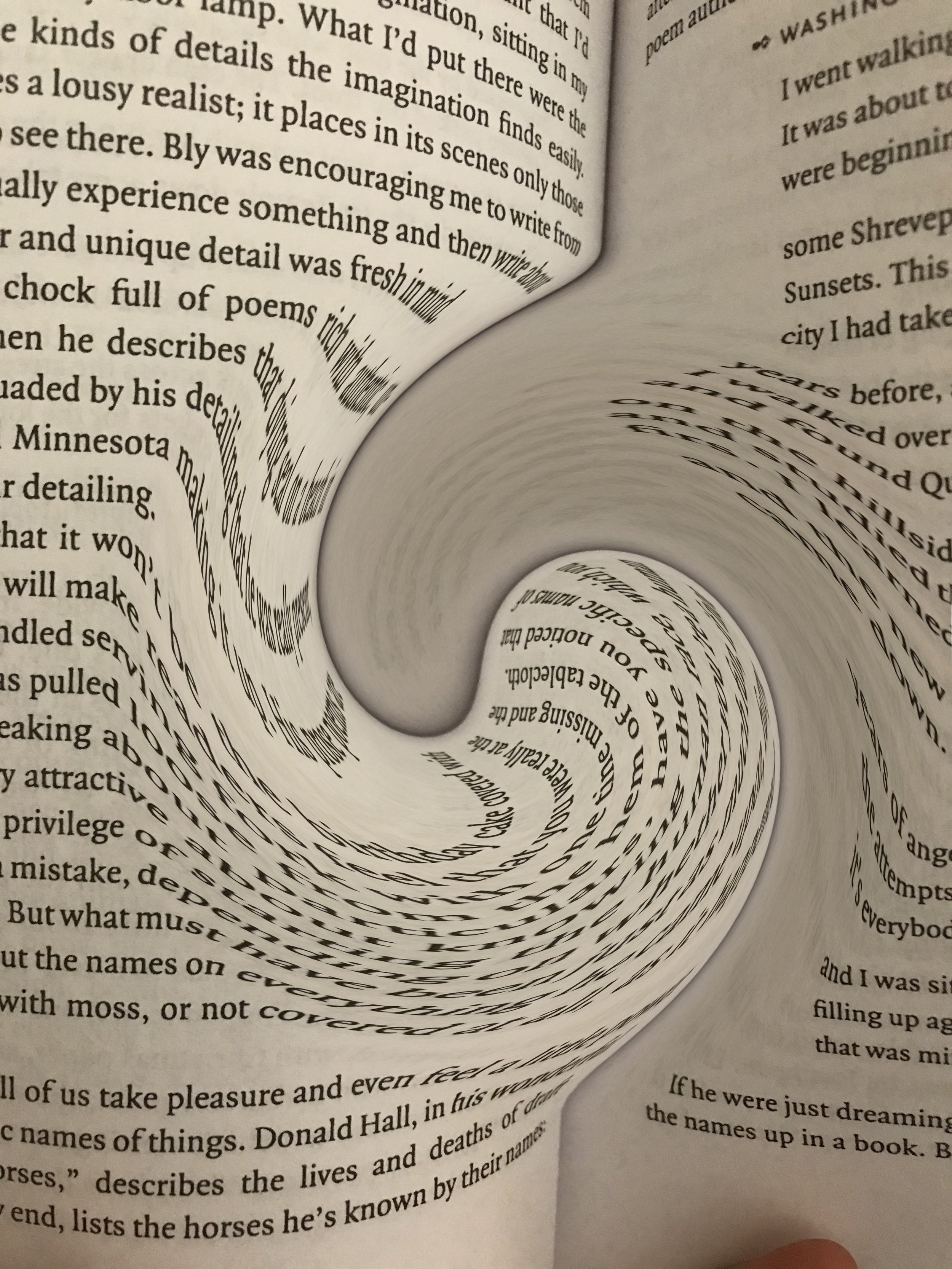
(Dis)Organizing a Draft, Part 2
As I work my way through drafts of the opening chapters of the nonfiction book that is my current work in progress, I find myself needing to read—Ted Kooser’s slim little volume of practical advice to poets, The Poetry Home Repair Manual:
Why this particular craft book when poetry is not what I am writing?
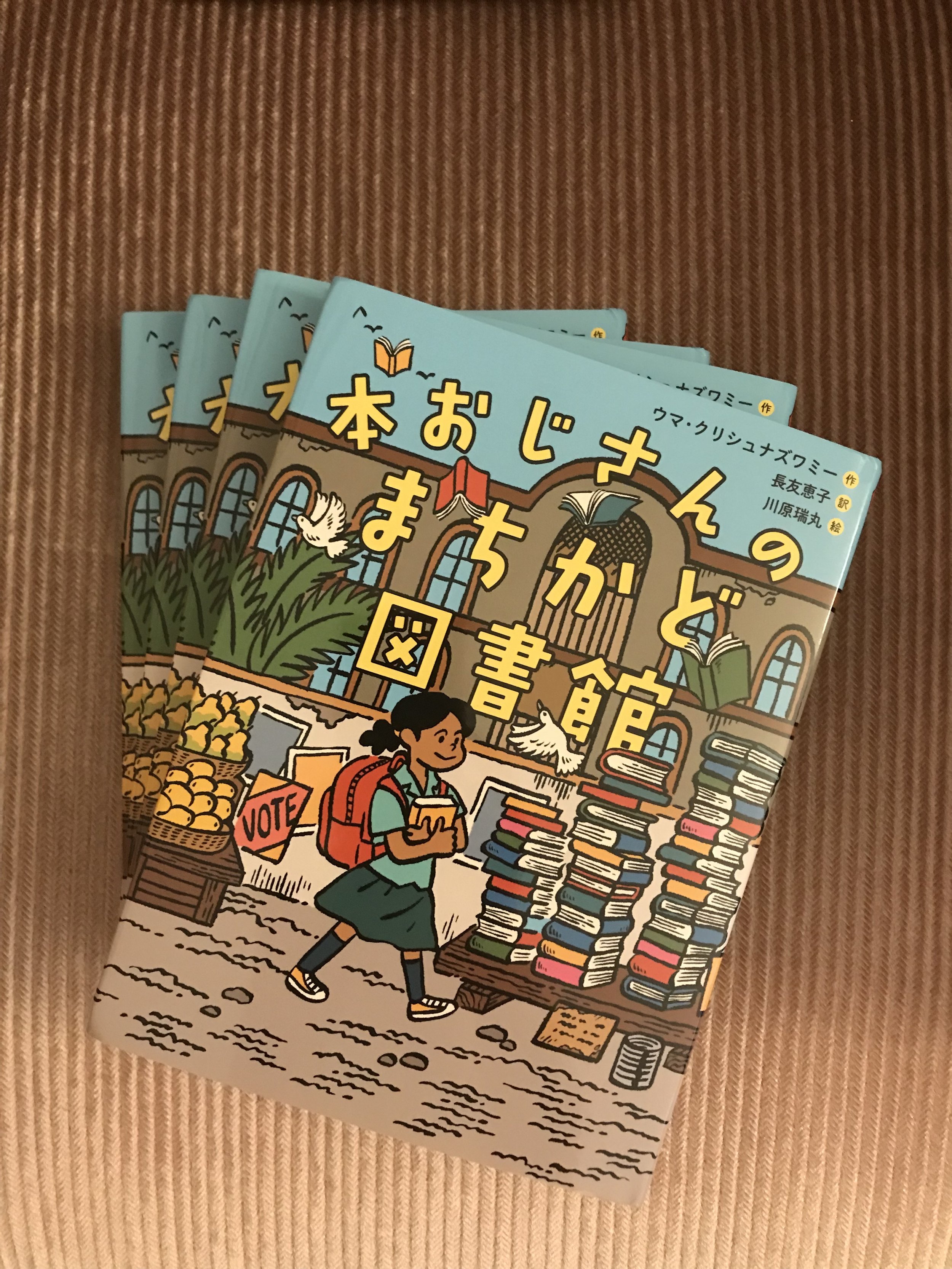
Process Talk: A Conversation with Translator Keiko Nagatomo, Part 1
While Keiko Nagatomo was working on translating Book Uncle and Me into Japanese, she sent me some questions through my agent—things she was puzzled by or want to know more about.
Never has a translator of any of my books reached out that way before. We ended up having a delightful correspondence. In turn, Keiko graciously consented to answer my questions.
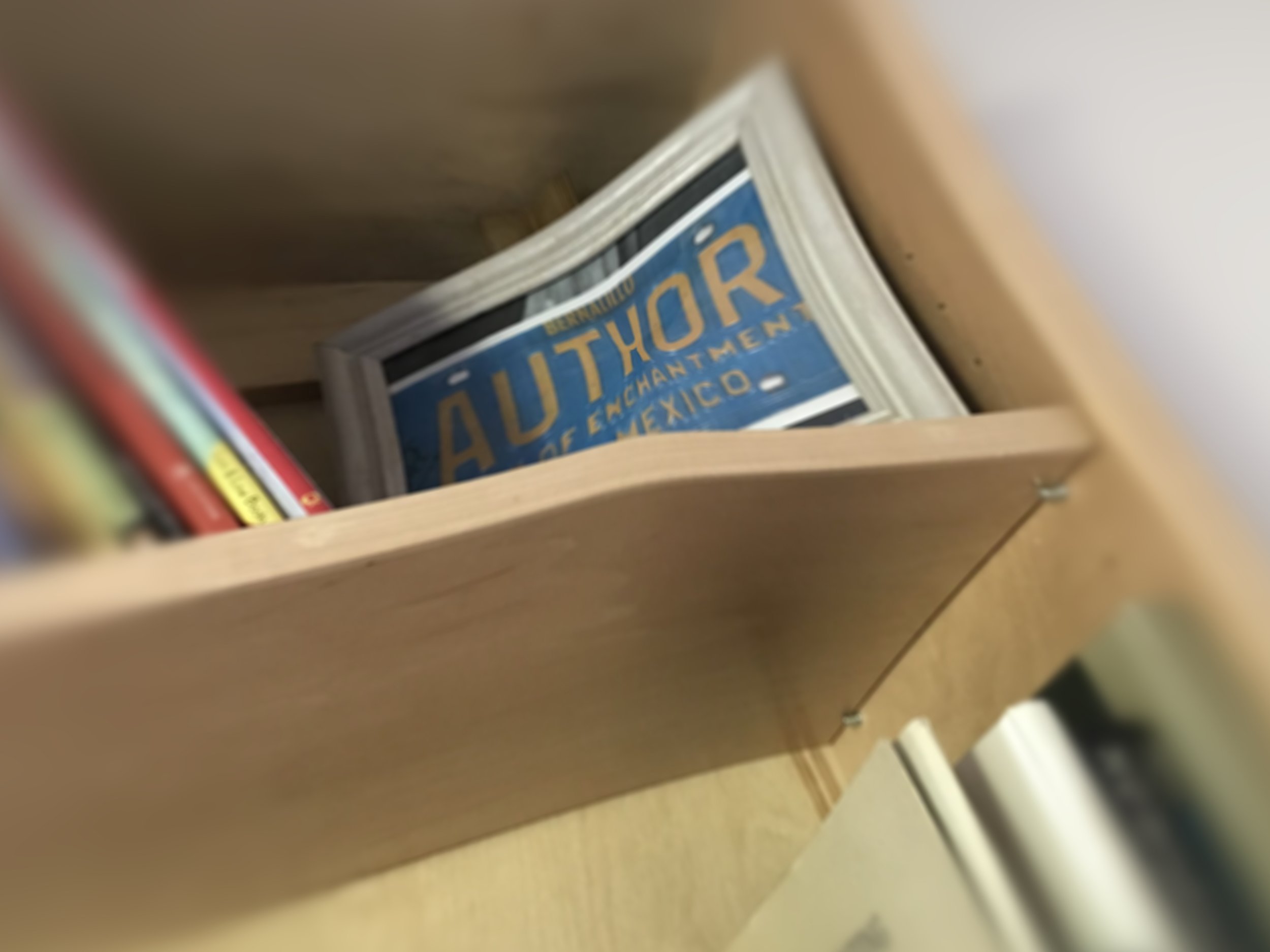
Vocabulary Word: Monopsony
Over the years I have tried to be more of a writer than an author, which has meant not focusing on the business end of publishing more than I have to. It’s a weird business that sometimes pretends not to be a business at all and mostly behaves like no other business I can think of. But it's hard to ignore the fact that the United States Department of Justice has brought an anti-trust trial against two of the Big Five, Penguin Random House and Simon & Schuster.
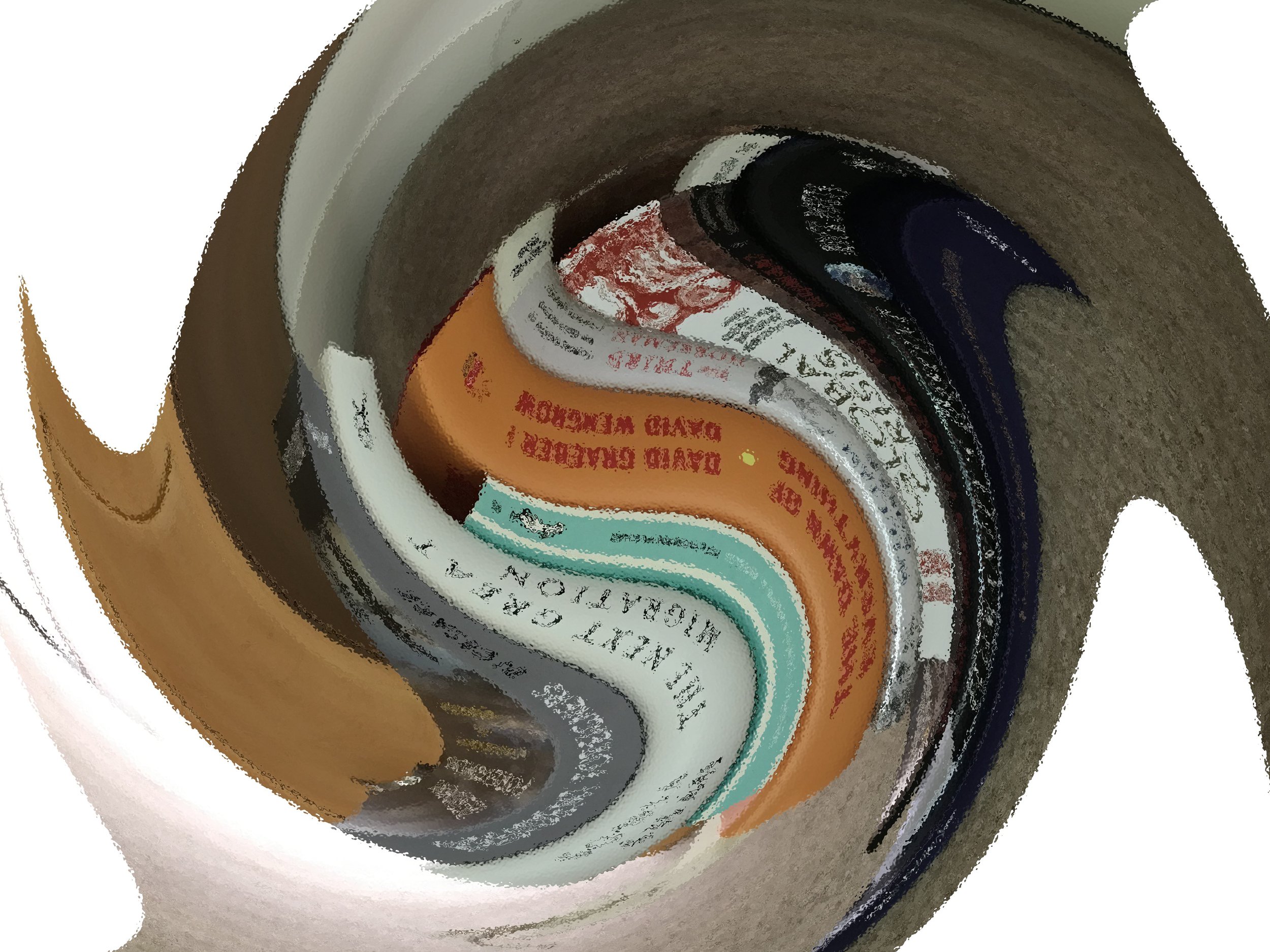
(Dis)Organizing a Draft, Part 1
I am now writing a drafty (very drafty) version of what I think will become Chapter 4 of an upper middle grade (possibly YA) nonfiction book. I intend to present the intersections of two large topics. I intend to go back quite a way in time.
I know I need to organize my research, keep track of pictures and sources, maintain a running reading list and lists of physical sources as well as links. Set things up so I don’t lose all that good stuff I’ve found by delving into rabbit-holes of history and science.
But how do I keep it from setting into the mental equivalent of poured concrete?

Chapter Openings of Opening Chapters: The Widows of Malabar Hill by Sujata Massey
I’m always curious to see how writers handle the opening lines of early chapters. My own first chapters often fall off between the first draft and the last, or else they get heavily revised as the story settles into place. It’s always encouraging when opening sentences manage to remain intact, telling me that my story instincts were sound to begin with.
